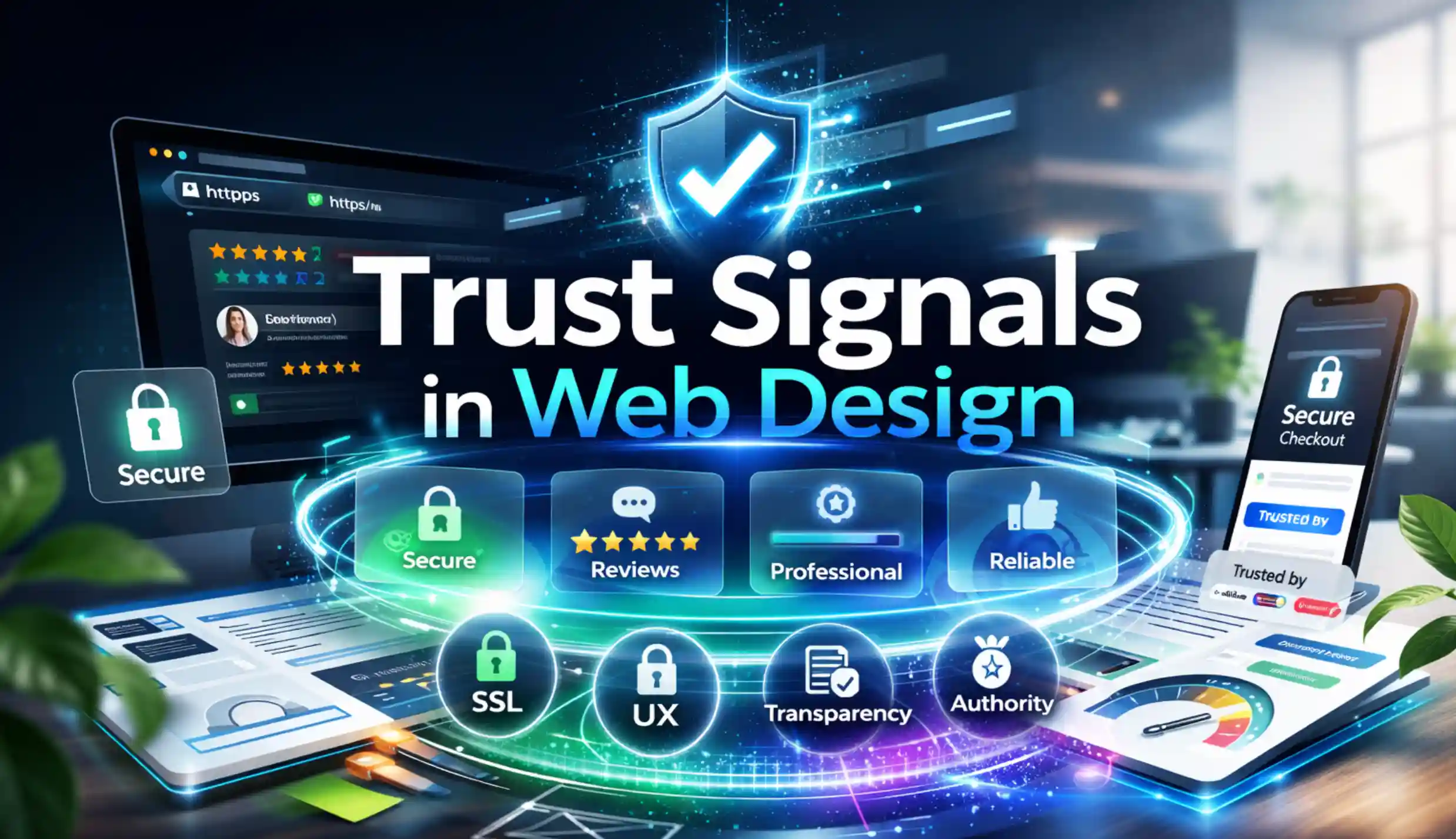Integrate Doctor Appointment App To Enhance Your Medical Clinic's Brand And Service Quality
Updated on
Published on
Appointment scheduling apps are booming in popularity right now as more and more individuals want to use their phones for the management of their health. The operational effectiveness of medical practices also benefits from these apps, particularly for clinics or individuals who struggle with manual, outdated processes. It's difficult to create apps that are both user-friendly and seamlessly connect with healthcare workflows.
Therefore, in this article, we will discuss doctor appointment app development and all the special features that distinguish it from the simple ones that just fulfill regulations.
Improving the ease of booking appointments at modern medical clinics should be a top priority for healthcare providers aiming to maintain their reputation and keep their clients satisfied. A key aspect of this improvement is ensuring people can manage their healthcare conveniently, even on the go, through apps that facilitate booking an appointment with an MD degree medical professional. Investing in robust app development is a great way for healthcare organizations dealing with manual processes and resource limitations to meet the rising digital expectations of consumers and streamline operations. The key to boosting your medical brand through better service quality lies in combining the clinical functionality of these apps with a user-friendly interface. By doing so, the app can evolve from a mere compliance tool into a valuable resource that patients happily use and recommend to others. Positive word-of-mouth from satisfied customers can also help bolster brand recognition and foster loyalty.

So, how can one make the best app for scheduling doctor's appointments?
Appointment Self-Scheduling and Management
First and foremost, patients must have access to a user-friendly appointment scheduling app to book routine visits like annual physicals, medication reviews, or follow-ups for chronic conditions. This eliminates the need for patients to make phone calls, alleviating the burden on busy medical assistants who handle appointment bookings manually. Instead, the app should display available time slots for each doctor and service, simplifying the process for patients to select a suitable appointment time. Once confirmed, the practice's calendar management system will seamlessly integrate these appointments with the physicians' available time slots.
Paperless Intake Forms and Assessments
Second, instead of collecting patient records using outdated paper-based methods, switch to collecting data via mobile devices. Use an easy-to-use digital survey and quiz to gather all the required data, such as consents, insurance details, personal information, and even pictures of insurance cards. As a result, patients' visits will go more effortlessly from the moment they walk into the clinic. After the appointment is over, all acquired responses can be synced into electronic health record (EHR) systems. As a result, doctors will be able to review patient information more rapidly and offer consultations that are of a higher standard.
Secure Clinical Team Messaging
Thirdly, prioritize patients by establishing effective communication channels. By using HIPAA-compliant in-app messaging, the app should put patients in direct contact with their care teams. By doing so, the app will prevent the frustration patients experience due to busy phone lines. This allows individuals to speak with medical experts in real time, anytime they have questions about prescription drugs, test results, or minor health issues, at their convenience. Furthermore, it's essential to guarantee that the app upholds stringent security protocols to safeguard patient confidentiality and privacy during every interaction and communication.
Visit Summaries + Patient Discharge Instructions
Next, make sure that patients receive detailed information following their visit by standardizing the procedure. Allow clinical encounter reports, specialist referrals, follow-up lab orders, at-home care instructions, and next-step directions to be sent straight within patient apps rather than depending on hurriedly written instructions that are frequently hard to comprehend. Therefore, patients are far better able to comprehend and carry out instructions after leaving the office due to the app's structured summaries. Moreover, it's imperative to maintain strong security measures within the app to uphold patient privacy and confidentiality during the transmission of visit summaries and discharge instructions.
Key details the app could include are:
- Primary diagnosis and/or procedures performed during the visit.
- Major test results, such as pathology analyses that were conducted during the appointment.
- Any adjustments made to the prescriptions.
- Lists of outside referrals made that require scheduling for follow-up appointments.
- Wound care protocols that are critical for patients to adhere to for proper healing and recovery.

Medical Billing + Bill Payments
The app could also make it easier to handle patient-initiated callbacks, manage sending logistics, and make medical bill statements by hand. An easy way to accomplish this is to provide customers with the option to view their current insurance claims and outstanding balances right within the app. To settle balances in a matter of seconds, consumers can also start and process payments using bank accounts or credit cards. Also, it's vital to prioritize robust security measures within the app to safeguard patient privacy and confidentiality during all interactions related to medical billing and payment processing.
Active Medications + Prescription Management
Medication non-adherence is a big worry for both doctors and patients. It can frustrate doctors and harm patients' health if they don't take their medications correctly. Therefore, patient apps can be developed to tackle this problem by giving verified medication profiles, including details about prescriptions, remaining pills, and refills. Instead of guessing, patients can rely on these app-based medication hubs for accurate information and even get reminders for refills. However, it is essential to implement strong security measures within these apps to safeguard the privacy and confidentiality of patients' medication information.
Flexible Care Team Access + Referrals
For general health issues that don't require a doctor's immediate attention, it's beneficial to link patients directly with non-physician members of their care team, such as health coaches, registered dietitians, and care coordinators, through developing an application that allows for this functionality. This expands access to support while ensuring that more complex problems are brought to the attention of doctors when necessary. Additionally, it's essential to prioritize strong security measures within this app in order to protect the privacy and confidentiality of patient information.
Intelligent Appointment Reminders
To prevent missed appointments or forgotten prescription refills, use multi-channel push notifications through developing an app that allows this functionality and text messages to remind patients of upcoming visits. This helps decrease costly visit no-shows that could have been avoided. Additionally, for enhanced efficiency, utilize smart destination arrival estimates based on the patient's current location and chosen mode of transportation to recommend accurate departure times, reducing unnecessary waiting times in the lobby. Furthermore, it's essential to ensure strong security measures within these apps to safeguard patients' personal information and maintain their privacy.
6 Unique Features To Integrate In The App
Location-Based Automated Check-In
One unique feature that can be included is the ability to automatically check patients in via the app when they enter certain geofenced regions surrounding the clinic, which would minimize the hassles associated with manual check-ins. The app could also provide real-time updates on wait times and queue positions, enhancing the timing of their physical arrivals.
Post-Visit Patient Experience Surveys
Show your dedication to patient satisfaction by performing brief digital surveys after their visits. These surveys with star ratings and feedback fields can promote patient loyalty and indicate areas for improvement. Important metrics to consider include patient happiness, wait times, knowledge of prescription modifications, ease of receiving test results, and understanding of accounts payable metrics.
Key measures to assess include:
- Overall satisfaction score
- Waiting times before rooming
- Medication changes awareness
- Test result notifications
- Billing clarity feedback

Patient Health Profiles
The app could also provide clinicians with instant access to essential patient health information, such as previous diagnosed conditions, surgeries, allergies, and medication regimens. In this case, it will provide useful medical context during patient visits without disrupting workflows, all while adhering to strict security protocols to protect sensitive health information.
Relevant Preventative Health Education
A properly developed app can function to enhance patients' health literacy by delivering tailored preventative health information, screening guidelines, and wellness tips through the app. It can be developed to customize content based on patient age, condition risks, and care gap opportunities, transforming lobby time into valuable engagement.
Proactive Well Visit Recommendations
The app can also be developed to allow patients to schedule preventative wellness visits, screenings, immunizations, and specialist referrals by applying medical best practices and health plan incentives. This would prevent the risks associated with delayed or overlooked preventative care through timely reminders.
Lifestyle Integration
The app can integrate a patient's leading diet, activity tracking, and chronic disease management to provide healthcare professionals with comprehensive health data. This enables informed consultations and personalized care plans, even during limited in-person interactions. Ensure bidirectional data exchanges with lifestyle apps while maintaining robust security measures within the app to protect patients' health data.
Improving service quality to strengthen the brand is a strategic must that can have a big impact on a provider's image and customer satisfaction, especially in the healthcare industry. Using complete doctor appointment apps is a big step in the right direction because it gives people a modern and effective way to handle their health needs through their smartphones. By putting money into strong app development, healthcare practices can not only keep up with customers' changing digital tastes, but they can also improve their operational efficiency. This is especially helpful for practices that are struggling with limited resources and manual processes. It is also important to make sure that the app has strong security measures to protect patients' private health information.



webp.webp)
webp.webp)




